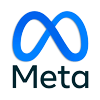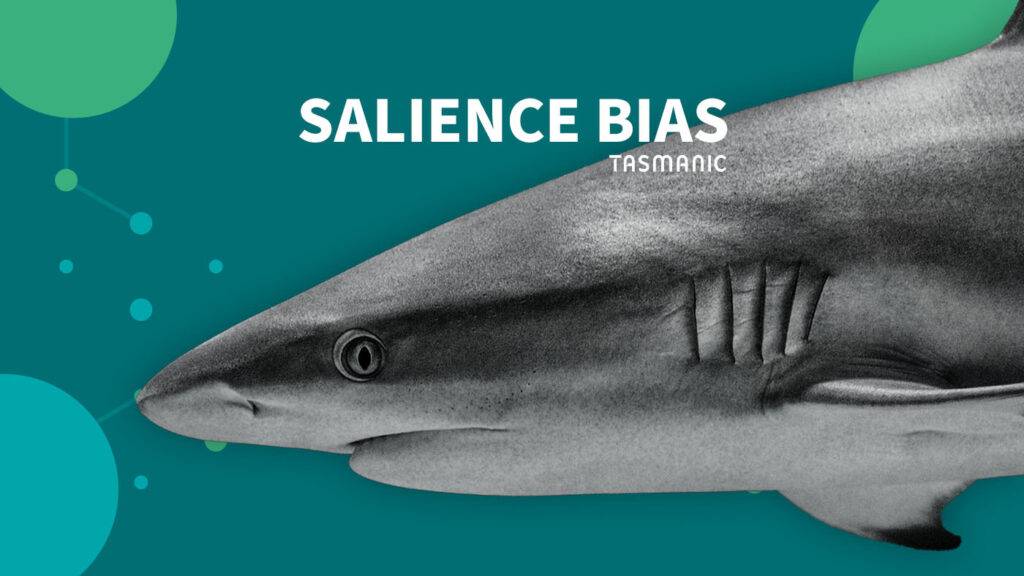
Last updated August 18, 2023
As of December 2022, Google has added a fourth pillar to E-A-T, making it now known as Google E-E-A-T. In this article, we'll explain what it is and what the four pillars are and how you can use it to improve your website's SEO.
What is Google E-A-T?
E-A-T is an abbreviation for Expertise, Authoritativeness and Trust. This term was created by Google itself, and several Google updates focused on E-A-T, of which the medic update was the most famous.
What is Google's new E-E-A-T (aka Double-E-A-T)?
Google indicated in December 2022 that E-A-T will have an addition: Experience. As such, it is now part of the Search Rater Guidelines (Google, 2022a). This involves the experience (experience) about a particular topic. For example, consider a review from a person who actually uses/has used the product and a review from someone who has never touched the product. Google will have a preference for the former, of course.
Why is E-E-A-T relevant?
Google is constantly improving its search engine, for example, 5,150 improvements were introduced in 2021. Google is making these changes to make its search engines better for users, and ensure that they find relevant and high-quality information that matches search intent (Google, 2022b).
To verify that search engines are providing relevant and high quality information to Google users, Google employs about 16,000 Search Quality Raters. They perform million sample searches and assess the quality of the results. To do this, they use the Search Quality Rating guidelines (Google, 2022b). If you have ever read through this you have undoubtedly noticed that it revolves around E-E-A-T. So the quality rating agencies use Google's E-E-A-T to assess whether the search results can be rated as relevant and high quality.
Important to know: Google (2022a) clearly states that E-E-A-T is used by Google's quality reviewers as feedback for evaluating the performance of search ranking systems and not directly affects your ranking. This means that they try to optimize the ranking system for search based on E-E-A-T. So if you have a Web site that is not in line with the pillars of E-E-A-T, future search engine improvements may cause you to lose organic rankings.
Page Quality and E-E-A-T
Quality evaluators (Raters) use Page Quality ratings to assess how well a page achieves its goal. The quality assessor does this in three steps.
Step 1: Setting the goal
The first step for Raters is to understand the purpose of a page. For example, a news page's purpose is to inform you about recent or important events. Pages designed with a particular purpose must also match the content to the purpose. When that is not the case, that page receives a very low rating.
Step 2: Determine if the purpose of the page is harmful or could be harmful.
Raters here go to see if the page has a harmful purpose or is designed to mislead people from its true purpose. If this is the case, the page is immediately given the lowest rating. In the guideline Google defined exactly what they consider harmful, to give you a few examples: very misleading page title, the purpose of the page is harmful to the users, website and content creator have a very bad reputation and a lack of information who is responsible for the website and content.
Step 3: Determining the Page Quality rating
Raters have a scale of 1 to 5 (see image below) to give the page a rating (Google, 2022b).

Image is taken from Google's Search Quality Rater Guidelines
The 4 pillars of E-E-A-T
In determining the Page Quality rating, Rater uses E-E-A-T. We explain the four pillars and also give you tips on what you can do to optimize your website for them.

Trust
Google sees page reliability as the most important aspect in the E-E-A-T family and is therefore the center of the model. By reliability, Google refers to how accurate, honest, safe and trustworthy the page is.
How you build reliability varies by type of page. For example, an e-commerce store needs a secure payment system and reliable customer service, and product review pages should be especially honest and written to help others make a choice.
So Google wants Web pages high up in search results that are trustworthy. Your website must therefore radiate trust to visitors and Google. You can build this trust in the following ways.
- A clear, credible contact page. Google itself mentions this point in the Quality Raters' Guidelines.
- If you have a website that sells products, you should have a easy to find return policy listed on your website. Don't set this page to noindex, but have Google index it.
- Scientific consensus. Google wants websites high in search results that match the scientific consensus. If your content can be supported by scientific sources, it increases Google's confidence in your content.
- Online reputation. A good online reputation gives confidence. Do you have negative reviews or are people writing negatively about your website in online forums? If so, this is detrimental to trust in your website.
- External links to trusted websites also give confidence to your own website.
- Advertising Experience. The ads on your Web site also impact trust. The Quality Raters' Guidelines describe that ads that are distracting, disruptive or block content can be seen as a sign of low trust.
Experience
The new addition to the guidelines. Here it looks at whether the content creator has personal experience with the product or service being written about. When these pages are created by people who have a rich personal experience with the topic it benefits the Page Quality rating. You yourself would also be more likely to trust a review from someone who has used the product and tells his opinion rather than someone who has never touched the product but posts a positive "review" about it.
- Honest reviews. If you want reviews as a website owner, make sure it is written by people with real experiences and do not "buy" reviews.
- Write about your experiences. Write content on topics you have experience with as a content creator.
Expertise
Google values content created by individuals with expertise on the topic. Google released an update to the aforementioned Evaluator Guidelines in July 2018 that asks quality evaluators to assess not only the E-E-A-T of a website, but also the E-E-A-T of the content creators. In other words, quality evaluators are asked to test whether content authors have expertise on the topic they have written about.
You will also prefer to get advice from a mortgage broker yourself when you plan to buy your own home rather than a marketing agency.
So is it clear to readers that the authors are an expert or at least knowledgeable about the content they write? The following help make this clear.
- Presence of author page and biography. For an article, show who the author is and create author pages that describe authors' expertise. So explain why the author is an expert on a particular topic.
- Author markup. Add structured data of type Author to content to make it clear to Google who is the author of the content.
- Let your content fact checking by an expertt. Having your content checked by an expert and showing this with the content, for example, "this article was fact-checked by expert A," can increase expertise.
Authoritativeness
You can be an expert, but is the online perception also that you are an expert? If so, then you are an authority. If you want to get your Web site high in Google for a particular topic, you need to convince Google that you are an authority on that topic. The following factors impact the authority of your Web site.
- Links and online mentions. Backlinks to your website and mentions of your brand or website without a link help build your website authority. The more authority the website that links to your website or has a mention has, the more effect. In fact, a backlink from a website with low authority will not help your website...,
- Expert recommendations. When an expert recommends your website or product, it gives authority to your website. By the way, this is also a well-known conversion improver if you apply it to your own website.
- Other online signals. These include reviews and mentions on online forums.
Your Money or Your Life (YMYL) and E-E-A-T
There are a huge number of pages on the Internet with a wide variety of topics. For some topics, Google makes a distinction and therefore there are different standards for quality. These are pages that deal with the following topics:
- Medical
- Legal
- Financial
- News
- Shopping
- Groups of people
- Advice on important decisions
Pages under the above topics are labeled as YMYL pages. Raters use very high standards for these types of pages to determine the Page Quality rating. Google chose this because low-quality YMYL pages have the potential to have a negative effect on people's health, financial stability, security, prosperity and well-being (Google, 2022b).
With this blog post, we offer tools to improve your website's E-E-A-T. Is your company looking for support with improving the E-E-A-T of your website by an SEO agency? Feel free to contact us to discuss the possibilities.
Resources
Google. (2022a). Our latest update to the quality rater guidelines: E-A-T gets an extra E for Experience. https://developers.google.com/search/blog/2022/12/google-raters-guidelines-e-e-a-t
Google. (2022b). Search Quality Rater Guidelines: An Overview. https://services.google.com/fh/files/misc/hsw-sqrg.pdf
Curious about your company's growth potential?
Take the first step toward above-average growth today. Find out how we lead companies to more than 20% growth.

















 Team
Team FAQ
FAQ Prices
Prices Vacancies
Vacancies Contact
Contact Marketing
Marketing SEO
SEO SEA
SEA Strategy
Strategy Sales
Sales Optimization
Optimization AWR
AWR Ahrefs
Ahrefs Channable
Channable ContentKing
ContentKing Leadinfo
Leadinfo Optmyzr
Optmyzr Qooqie
Qooqie Hubspot
Hubspot Semrush
Semrush




